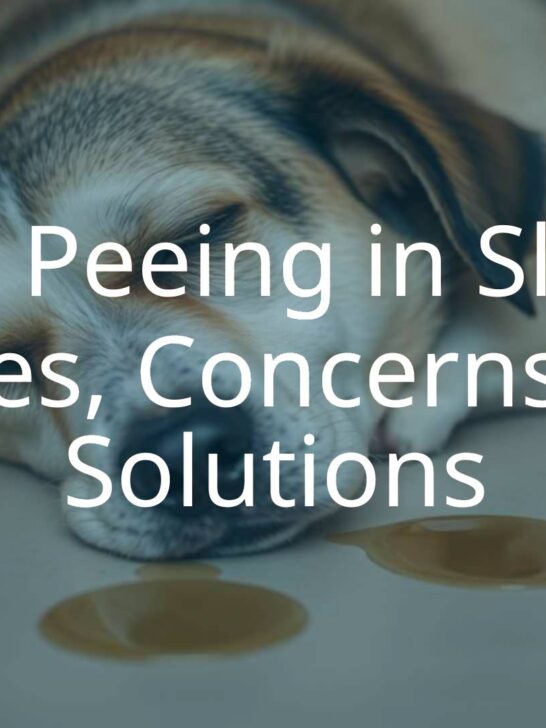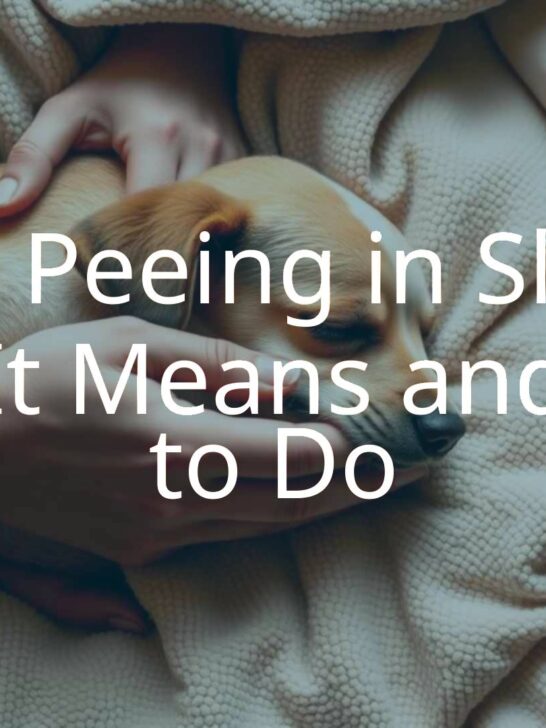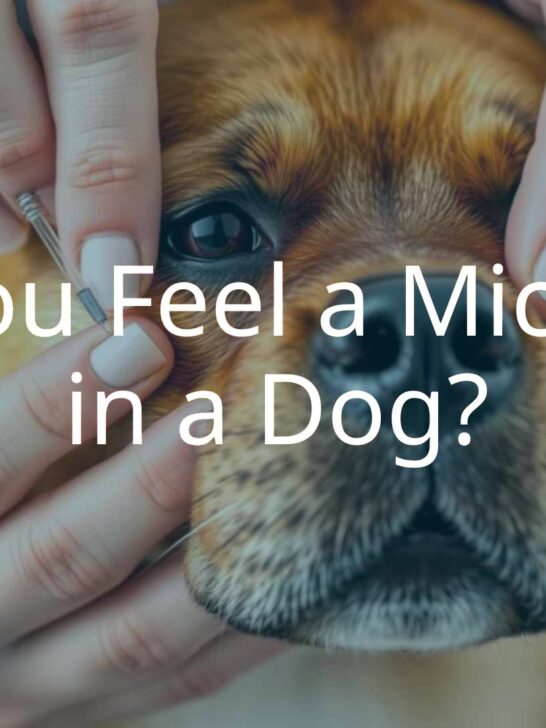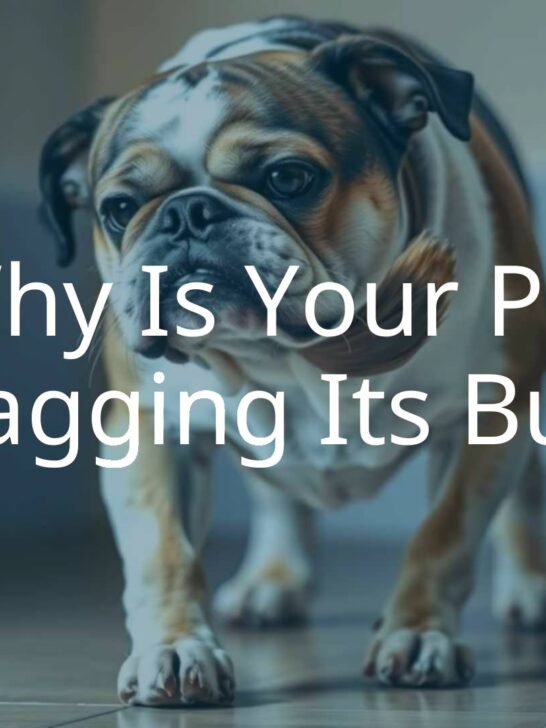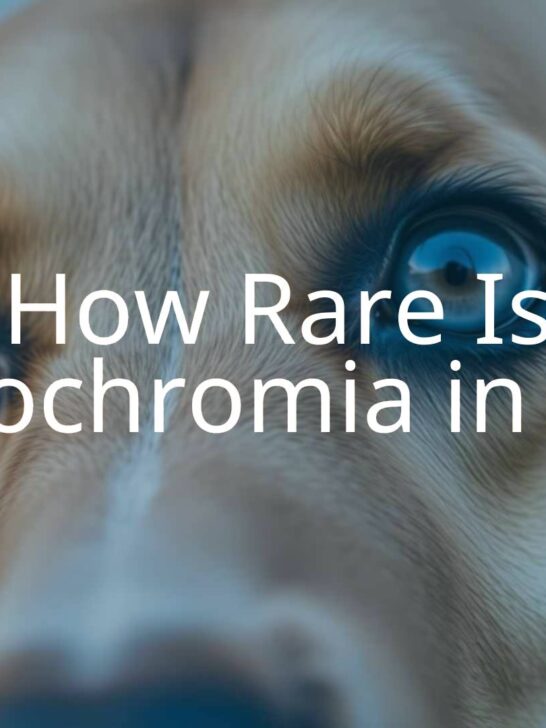Can Dogs Have Hiccups?
Can dogs get hiccups?
Yes, dogs can get hiccups just like people do. This is normal and usually nothing to worry about. While it might seem funny or strange at first, hiccups in dogs are mostly safe and go away on their own.

Hiccups are not just for humans; many animals like cats, rats, rabbits, and even horses can get them. So, if you notice your dog making a “hic” sound or twitching, it’s just a common body reflex.
What are hiccups in dogs?
Dog hiccups happen when their diaphragm, a big muscle that separates the chest from the belly, suddenly tightens by accident. This muscle is very important for breathing normally. When the diaphragm works as it should, it helps your dog breathe in and out without trouble.
But when it spasms, your pup takes a quick breath in. The air moves fast until a part of the throat called the glottis closes suddenly. That’s what makes the “hic” noise. Your dog can’t control this-it just happens on its own.

How do dog hiccups start?
Dog hiccups start with the diaphragm muscle tightening suddenly. This unexpected squeeze pulls air quickly into the lungs. When the air hits the glottis and it closes, you get that familiar “hic” sound.
Scientists aren’t completely sure why hiccups happen, but they think hiccups might help get rid of extra gas or come from a reflex dogs had in the womb.
What do dog hiccups look and sound like?
When a dog hiccups, you might see their body jerk a little and hear a soft “hic” sound-almost just like when humans have hiccups. The sound comes from the vocal cords snapping shut. Hiccups are gentle, rhythmic, and usually pass after a few minutes.
Make sure to tell the difference between hiccups and things like coughing, gagging, or reverse sneezing. Hiccups should not make your dog look like it’s having trouble breathing or getting sick. Those signs need attention from a vet.
Why do dogs get hiccups?
The exact cause is not always clear, but dogs tend to get hiccups for reasons that are similar to humans. Anything that changes how the diaphragm works or lets too much air into the stomach can cause them:
| Cause | Explanation |
|---|---|
| Eating or drinking too fast | If your dog gulps food or water, they also swallow a lot of air. This can stretch the stomach and bother the diaphragm, causing hiccups-especially in puppies. |
| Excitement or playing | When dogs play or get really happy, they breathe faster, which can mess with the diaphragm and lead to hiccups. |
| Stress | Feeling stressed or too wound up can change how your dog breathes, which sometimes means short, shallow breaths and can also trigger hiccups. |
| Digestive troubles | If a dog has gas or an upset stomach (which sits just below the diaphragm), it can irritate the muscle and cause hiccups. |
| Spicy or weird foods | If a dog eats something spicy or very hot/cold, it might make nerves act up and give them hiccups. |
| Sudden temperature changes | Big, quick changes in temperature-like going from hot to cold-can sometimes bring on hiccups for a short time. |
Do puppies get hiccups more than adult dogs?
Puppies get hiccups much more often than older dogs. If you have a puppy, you’ve probably noticed this already-it’s completely normal, and nearly all puppies experience hiccups at some point.
Puppies can even hiccup before they’re born! As they get older, hiccups usually become less common.
Why do puppies hiccup so much?
Puppies’ bodies and organs are still learning to work together, which makes them likely to hiccup more. Here are a few reasons:
- Their breathing and stomach muscles are still developing.
- Puppies often eat and drink very fast, which leads to swallowing a lot of air.
- They get excited or worn out more easily, which changes their breathing patterns.
- Being tired or cold may also set off hiccups in young dogs.
Is it normal for puppies to have hiccups often?
Yes, it’s normal for puppies to get hiccups a lot, sometimes even every day. Puppies might get hiccups after meals, while sleeping, or when they’re excited. Unless you see other problems along with the hiccups, there’s usually nothing to worry about.
Most vets agree that puppy hiccups are just a normal part of their growth. They should become less common as your dog grows up.
How long do dog hiccups last?
Most of the time, dog hiccups are short and end quickly-usually in a few seconds to 15 minutes. After they go away, your dog will usually act normal and happy again. Hiccups normally stop without your help.
When could hiccups be a problem?
If your dog’s hiccups last more than an hour or happen over and over many times a day, it’s time to pay closer attention. Hiccups that stick around for hours or days might point to a health problem. If you also notice changes in the sound of the hiccups or new symptoms, you should speak with your vet.
Should you be worried if your dog has hiccups?
Usually, you don’t need to worry if your dog gets hiccups. They’re normal, especially in puppies, and usually don’t mean there’s anything wrong. Just keep an eye on your dog and watch for other signs that something else could be causing the hiccups.
When are hiccups a sign of something serious?
If your dog’s hiccups last a long time, become more frequent, sound like wheezing, or come with other problems (like trouble breathing or acting very upset), this could be something serious. Some health issues, though rare, may show up as hiccups, such as respiratory or heart problems, digestive diseases, or heatstroke (which affects the diaphragm too).
If your dog can’t eat, drink, or seems to be in pain because of hiccups, don’t wait-call your vet.
Other symptoms to watch for
If hiccups come along with other signs, get in touch with your vet, especially if you notice:
- Drooling a lot
- Vomiting or dry heaving
- Loss of appetite
- Very tired or lacking energy
- Coughing, hack or snorting
- Wheezing or noisy breathing
- Struggling to breathe
- Difficulty swallowing
- Loud snoring or changes to sleep breathing
- Easily tired during play or exercise
- Collapsing or fainting
- Diarrhea (especially with blood or worms)
- Bloated stomach
- Obvious pain or discomfort
- Gums that look pale or blue (needs urgent help)
If you spot these symptoms, call your vet soon and try to take a video of what’s happening. This can help your vet figure out the problem faster.
How can you help a dog with hiccups?
Because dog hiccups usually go away by themselves, you often don’t need to do anything. If you want to help, try these simple ideas:
Slow down their eating and drinking
If your dog tends to hiccup after food or water, help them slow down. You can:
- Give smaller meals more often
- Use a slow feeder or puzzle bowl
- Let them drink a little at a time, especially after exercise
This helps stop them from swallowing too much air.
Give small amounts of water
A few calm sips of water can sometimes help with hiccups. Don’t let your dog gulp a lot at once though, as this could make it worse.
Calm your dog
Since stress or excitement can start hiccups, try to get your dog to relax. A belly rub or a gentle walk can help distract them and even out their breathing. Getting them to lie on their back for a nice rub works well too.
Avoid silly or unsafe “cures”
Don’t try tricks like scaring your dog, pulling their tongue, holding them upside down, or sticking your fingers in their mouth. These can hurt or scare your dog, and they don®t help with hiccups.
How can you stop dog hiccups before they start?
You can’t stop hiccups completely, but you can make them less likely by preventing things that trigger them:
Tips for meal times
- Feed smaller meals through the day
- Use a slow feeder or puzzle bowl to slow down eating
- Don’t let food or water be too hot or too cold
Manage excitement and play
- Try to keep excitement low around meal times
- After your dog eats, let them rest before playing hard
- Feed a balanced diet to prevent stomach upset
When should you call a vet about dog hiccups?
For most dogs, hiccups are harmless, but it’s good to know when to call the vet:
When other symptoms are present
- Hiccups happen with drooling, vomiting, no appetite, tiredness, coughing, or trouble breathing
- Hiccups sound different, get worse, or your dog seems in pain
These could mean there’s a bigger health problem and your vet should check your dog.
For very long or frequent hiccups
If your dog’s hiccups last over an hour, keep coming back often, or go on for days, you should get advice from a vet. Rarely, ongoing hiccups can mean things like certain diseases or parasites. When in doubt, it’s best to call your vet.
Common questions about dog hiccups
Can worms cause hiccups in puppies?
Worms don’t cause hiccups directly, but a puppy with a lot of worms might have stomach upset, which could lead to hiccups. Usually, you’d spot other signs too, like diarrhea (with or without worms), vomiting, tiredness, or a dull coat. If you think your puppy has worms, call your vet for advice and treatment.
Why does my puppy hiccup after eating?
Puppies often hiccup after eating because they eat very quickly and swallow air with their food. This extra air can stretch their stomach and make the diaphragm spasm. Using slow-feeder bowls and feeding smaller meals more often can help with this.
Why does my dog get hiccups while sleeping?
It’s common for puppies, and sometimes adult dogs, to hiccup in their sleep, although no one knows exactly why. It might happen if they swallow air while relaxed, or maybe even if they’re dreaming. Sleep-time hiccups are normal and usually don’t bother your dog.

















